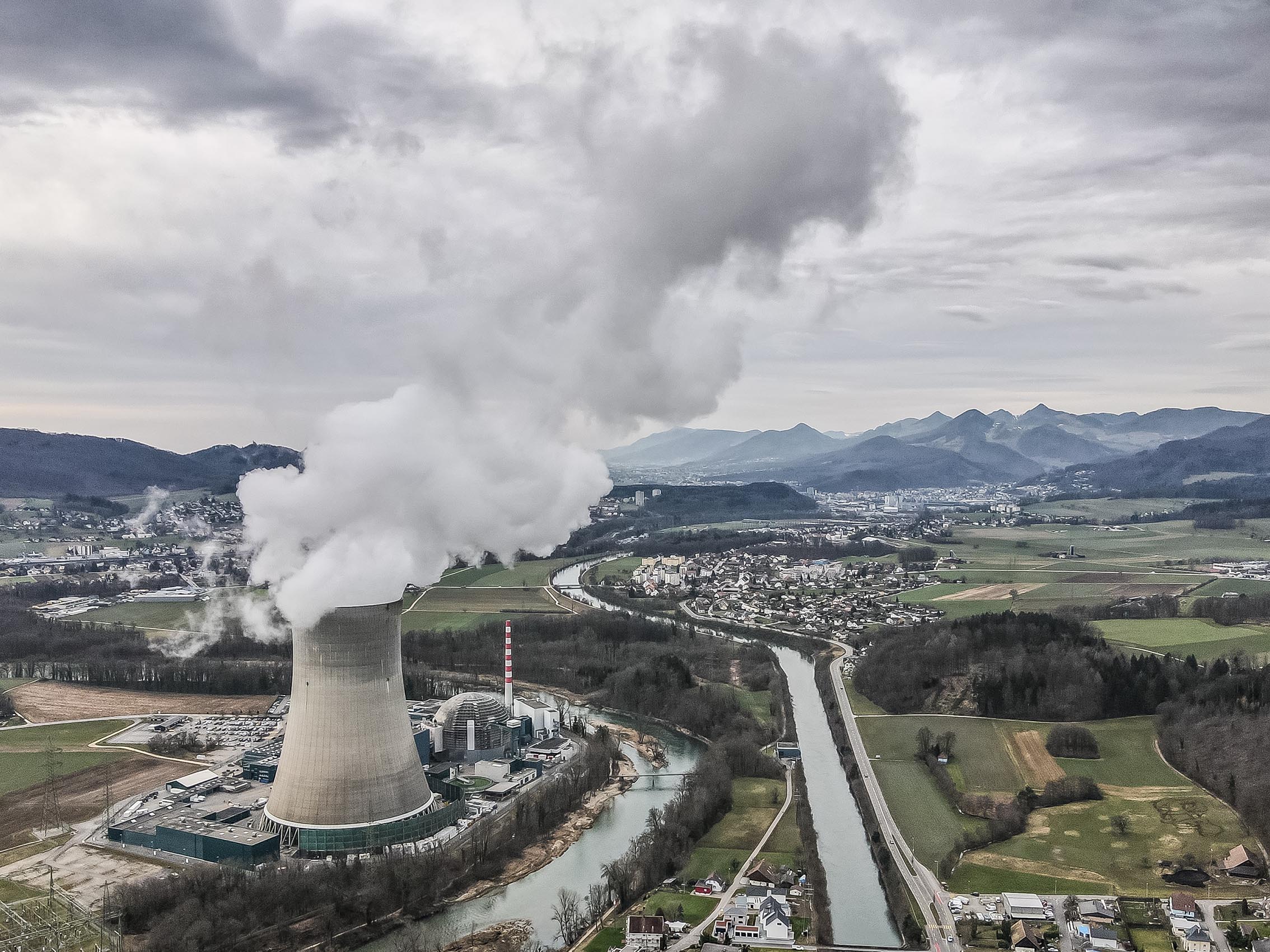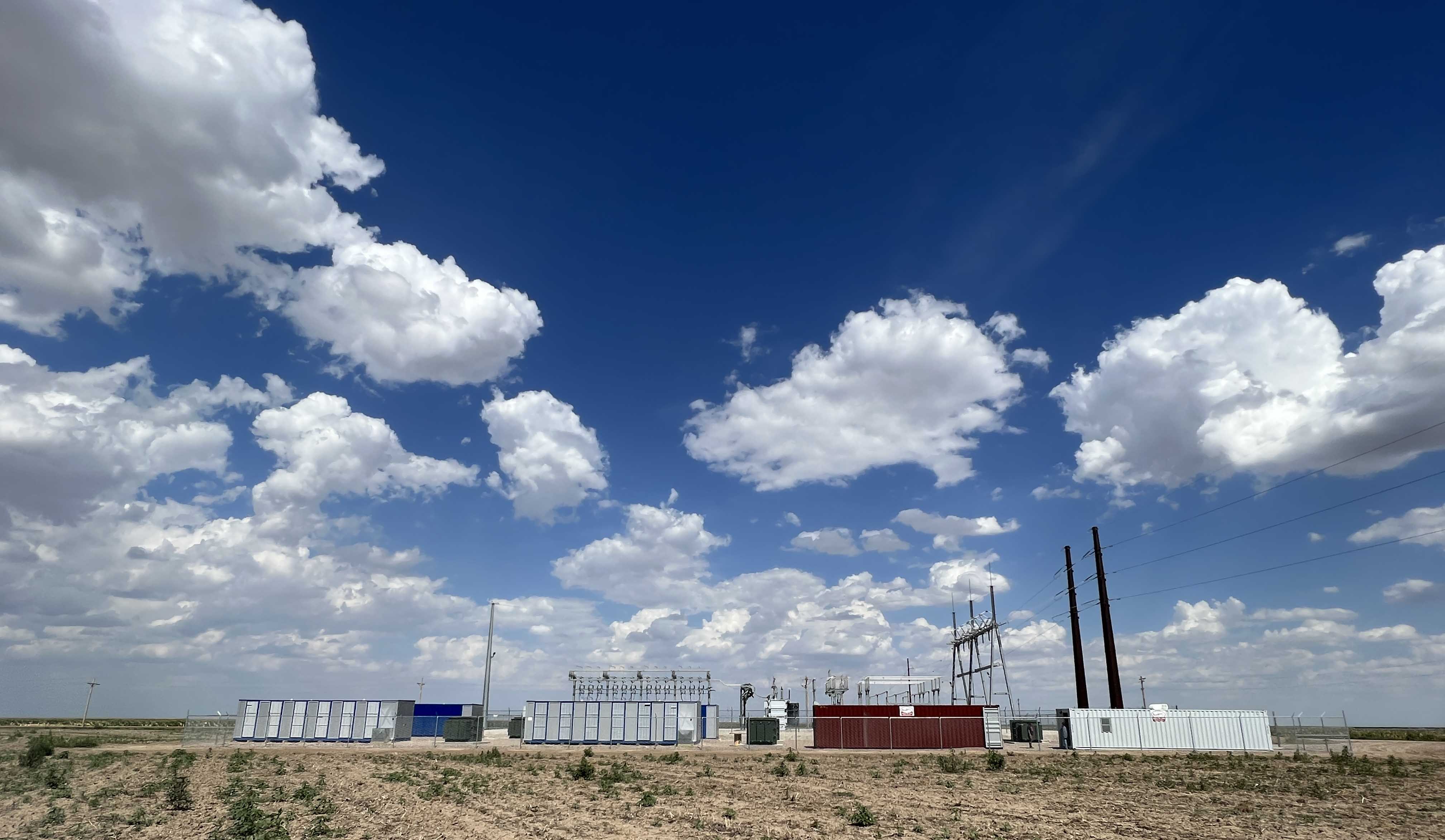Stay up to date with the latest news, announcements, and articles.
The cryptocurrency community is already moving to green energy. Going by earlier research, Bitcoin mining is powered by about 58.5 percent renewable energy. However, what remains a little contentious is whether nuclear and natural gas are green energy sources.
In this write-up, we look at why nuclear and natural gas are green energy sources declared by the European Union.

EU’s Declaration of Natural Gas and Nuclear as Green
Lawmakers in the European Union (EU) voted to have nuclear power and natural gas listed as renewable energy. Europe maintains a taxonomy of sustainable energy sources, which typically defines what economic activities qualify as environmentally sustainable. The European Commission had initially proposed the move before the lawmakers voted for the changes that could unlock billions of government subsidies and private investment in nuclear and natural gas.
Although the decision has angered climate activists and some lawmakers, the idea is to use natural gas to eliminate coal. The European Commission argues that adding electricity generated from natural gas to its green investment guidelines contributes to the attainment of the EU’s target of decarbonizing power. Natural gas has a lower carbon dioxide emission than coal, so the EU intends to use it as a transitional alternative in the green energy revolution. On its part, nuclear energy does not directly contribute to carbon dioxide emissions. However, there are concerns over its safety, specifically the management and disposition of radioactive waste.
Even though the EU passed natural gas and nuclear power for inclusion in its taxonomy, renewable energies did not simply earn a free pass. Some uses will be considered sustainable, and others excluded. For instance, CNBC reveals that using natural gas for electricity generation, heating, or cooling homes simultaneously qualifies as sustainable. However, many uses could be excluded, and even those allowed must meet certain emission thresholds. Further, they only remain approved until 2030 or 2035, based on the specific situation.
Meanwhile, gas power plants that will have a permit by 31st December 2030 and have greenhouse gas emissions equivalent to 270g per kilowatt hour of electricity will be considered sustainable. However, they will still have to provide a framework that shows they will switch to low-carbon gases or renewables like hydrogen and biomass by the end of 2035. Nuclear power plants will be labeled sustainable if they can safely manage and dispose of radioactive waste. However, those with advanced technologies and modifications that extend the life of existing plants may have their approval until 2040 or 2045.
Mixed Reactions to EU’s Decision
First, the decision comes when all European countries struggle with an acute gas supply shortage, resulting in high energy prices. Russia was the main gas supplier to Europe but had, since the Ukrainian invasion, cut its flow. It could even reduce the supply further, and European countries would be left scrambling for alternatives.
Further, the decision contradicts the EU’s legal obligation to decarbonize economies by 2030. Rob Jackson, an earth system science professor at Stanford University, argues that the decision makes sense only when viewed as a death knell for coal. Austria even threatened to sue the European Commission, arguing that labeling natural gas as green breaches its legal obligation of 55% greenhouse gas reduction. The European Climate Foundation CEO, Laurence Tubiana, holds a similar opinion, adding that the EU has missed its opportunity to set a gold standard for sustainable finance.
According to Tubiana, the EU has set a dangerous precedent, where vested interests and politics have won over science. The taxonomy falls short of its original goal of preventing greenwashing in the financial system. Companies, investors, and consumers will seek alternatives providing the credibility and science-based clarity they need.
Spain, Denmark, and Luxemburg issued an open letter to address the new rules, saying that the EU’s decision would attempt to divert investment away from renewable energy sources. Spain even announced plans to set its rules to eliminate natural gas investments.
However, France’s group of ten EU countries supports the decision, terming the EU rules as practical and implementable. The countries had issued a letter requesting the inclusion of nuclear power in the EU taxonomy. They especially focus on nuclear power, making it their case for a stable, affordable, and independent energy source that can protect member states from volatile prices.
Germany’s industrial lobby group, BDI, welcomes the decision and calls for more investments in gas infrastructure. Europe, on its part, is looking to increase its LNG from countries like the US, although it must first ramp up its LNG terminals. EU has also talked with Norway, contributing 20%-25% of Europe’s gas.
What Happens Next?
There are evident concerns over the EU’s decision. However, the fact that such a legislative body that has all along advocated for the environment recognizes the need for natural gas and nuclear power isn’t worth underestimating. As they pursue emission-free crypto mining, nuclear power and gas are among the green Bitcoin alternatives that crypto miners are shifting to. Experts such as David Blackmon, an energy public policy analyst, believe that the EU’s move reflects the recognition that the energy transition will be more challenging to realize than the simple overarching narratives. Blackmon, however, notes that if turning to natural gas helps in phasing out coal, then the EU’s decision is justifiable.
Further, the decision already has the backing of a couple of member states, although with differing opinions regarding natural gas and nuclear. France is pro-nuclear, an understandable position given that the country derives 70% of its electricity from nuclear power plants. Finland, Hungary, the Czech Republic, and Bulgaria, among others, also support nuclear energy. On the other hand, Germany is pro-gas, arguing against nuclear, presumably over its decision to close down all the nuclear power plants in the country, citing the 2011 Fukushima disaster.
According to the EU parliament’s environment committee chair, Pascal Canfin, a coalition contract was formed in Germany, where the members agreed to hasten the coal phase-out process from 2038 to 2030. As such, creating more renewable energy sources becomes apparent, and including gas positively contributes to this goal. Germany’s governing coalition believes that gas is needed as an interim energy source until there are enough renewables.
At that rate, natural gas and nuclear power could continue to get into the mainstream, especially when labeled green energy sources. Lucrative industries like cryptocurrency have slowed down as stakeholders find alternatives for emission-free crypto mining, and the EU’s decision can be a breakthrough. Green Bitcoin mining companies in Europe could invest more in natural gas and nuclear to power their energy-intensive mining activities.
Green Bitcoin Mining Companies Have Been Using Gas and Nuclear Power
Amid the concerns over energy sources and their environmental impact, cryptocurrencies came into question. Several countries, including China, India, Algeria, and Bolivia, banned cryptocurrency activities. There had been calls on the EU to ban proof-of-work cryptocurrencies, although the EU parliament voted against the proposal in March 2022.

Globally, cryptocurrency mining companies have been shifting to renewable energy sources. Nuclear power and gas have been among the key alternatives adopted by innovative green cryptocurrency mining companies like EZ Blockchain. Nuclear energy has been labeled a green energy source whose carbon dioxide emissions are comparable to wind and hydropower emissions.
What EZ Blockchain Does
EZ Blockchain uses a smart grid system to reduce carbon dioxide emissions by up to 70%. It uses an innovative plug-and-play solution that taps natural flared gas and converts it into a new revenue stream through crypto mining. The company helps energy investors meet their environmental regulations by deploying the EZ Smartgrid Flaring Mitigation System on-site to turn the wasted natural gas into useful energy.
The EZ Smartgrid System comprises a mobile gas engine generator that captures natural gas and converts it into electricity and a mobile crypto mining container that converts the energy into cryptocurrency.
It goes a long way in ensuring emission-free crypto mining. At the same time, allowing oil and gas investors to comply with environmental requirements by reducing emissions by up to 70% and an instant return on investment.
Fill out a form and our bitcoin mining expert will contact you.
FREE CONSULTATIONchoose
a miner
profit and
understand data?
business remotely
with EZ Blockchain?
Fill out a form and our bitcoin mining expert will contact you.











